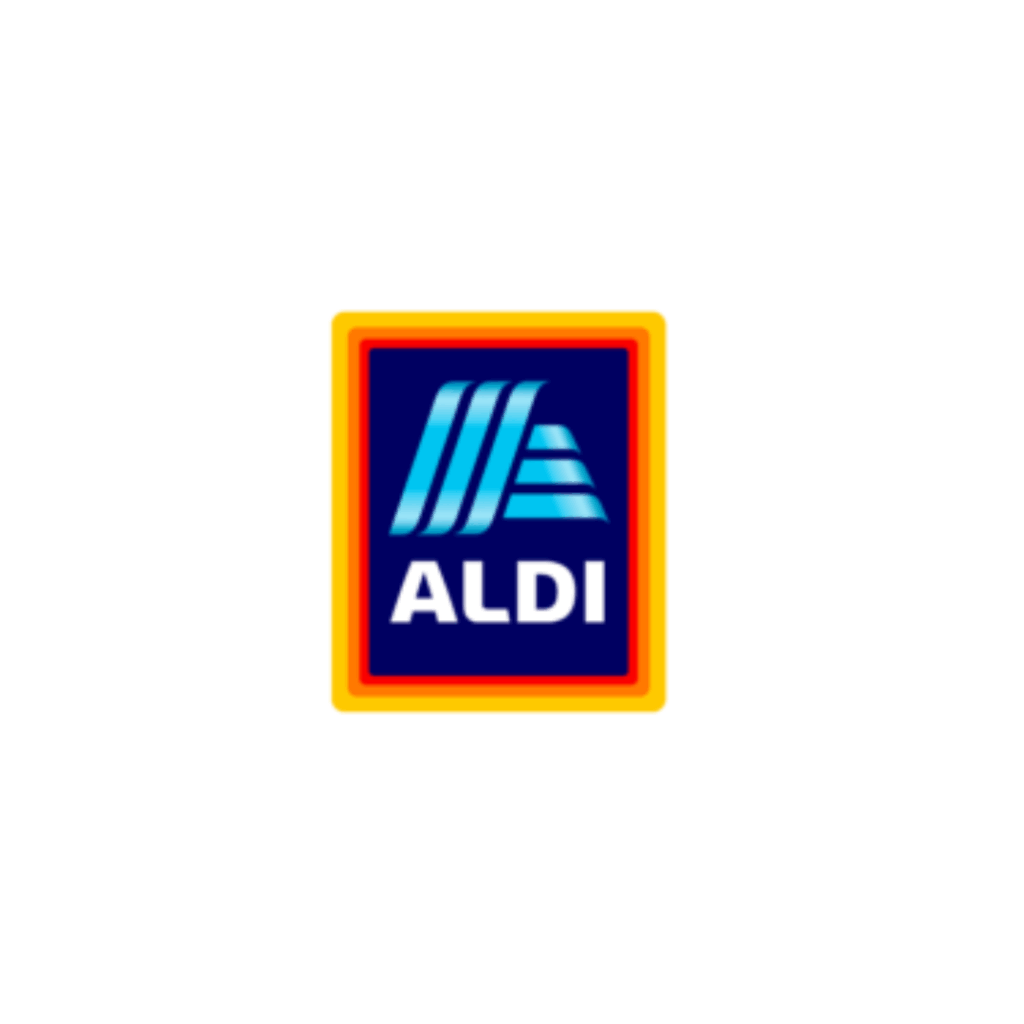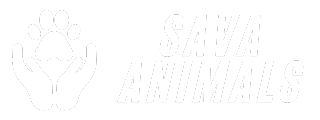You get a clear guide to salaries and hiring at Universal. You will learn to compare entry and senior pay by role and location, and spot how park roles and corporate jobs differ.
You’ll check hourly rates for ride, food, and retail, and see how they shape your weekly income.
You’ll follow simple steps to apply, know what documents to bring, expect background checks and health screens, and review benefits and interview tips for backstage and corporate roles.



Use the phrase Universal Jobs: See Salaries and How to Apply when searching to keep results focused on official listings.
Compare Universal Studios salary range by role and location
You want a clear map of pay before you apply. Start by noting the job title, location, and whether the role is hourly or salaried. In general, park roles (ride ops, food service, custodial) sit at lower hourly rates than corporate roles.
Corporate jobs in marketing, finance, and engineering often list annual salaries that span from mid five figures to low six figures, while park roles usually list hourly pay from minimum wage up to the mid‑20s per hour for lead or technical positions.
If you want a quick check, search for the job title plus city and add salary on sites like Glassdoor or the official Universal Careers page to see current listings.
Location shifts the numbers like tide changes a beach. Expect higher base pay in Los Angeles and New York than in Orlando, but remember cost of living eats part of that increase.
Seasonal demand matters too: summer hires and holiday needs can push hourly pay up or add overtime chances.
When you compare offers, put salary beside benefits — free park access, discounts, health plans, and shift premiums can change the true value of a job.
Treat ranges as starting points, not gospel. Collect several listings for the same title across cities and levels and compare medians rather than extremes.
If a number looks too good to be true, check the posting date and job duties so you’re not chasing an old or misposted figure.
Use universal studios jobs salaries data to compare entry and senior pay
Look at entry versus senior roles like you’re reading before-and-after photos. Entry roles often list minimum experience and pay less; think part-time ride operators or entry admin at the parks.
Senior or lead roles require more years and may include supervising, safety checks, or special certifications, which push pay up.
For hourly park jobs, you might see a spread from low teens per hour at entry to high teens or low twenties for leads.
For corporate, an entry analyst could start in the low 40s (thousands per year) and a senior manager may be well into six figures.
Use numbers and job descriptions together. Don’t just chase the title — check responsibilities, required experience, and bonus or overtime language.
When preparing to apply, highlight the exact skills they name so your resume lands in the right pile and you can justify asking for the higher end of the range.
See how Universal parks corporate jobs salaries differ from park roles
Park jobs are often hourly, seasonal, and focused on guest experience. You’ll see more flexible shifts and perks like free admission and discounts.
Corporate positions are usually salaried, offer larger benefit packages, and come with projects that span months or years.
That means park roles may give instant fun and social work life, while corporate jobs trade that for stability and higher cash pay.
Decide by lifestyle and goals. If you want steady hours, career growth, and a bigger paycheck, aim for corporate.
If you prefer hands-on work, varied shifts, and employee perks, park roles might fit. Also factor in commute and city costs — a corporate salary in Los Angeles may feel different in your bank account than one in Orlando.
Check official job postings and salary reports for accurate figures
Always verify with the source: read the official Universal Careers posting for salary fields, check union contracts for covered roles, and cross‑reference Glassdoor, Indeed, or PayScale for employee-reported ranges.
Save screenshots of postings and note dates so you can track changes, and reach out to HR or the listed contact if a pay field is blank or vague.
Check Universal Studios hourly pay for ride, food, and retail jobs
You’ll see posted hourly rates that usually fall into clear bands: ride operators and attractions often start around entry-level pay; food service sits close by but can include tip opportunities; retail roles sometimes top the chart when merchandise sales come with commission or bonuses.
Look at current job listings and note whether the rate is a range or fixed — a range often means you can start low and move up with time or skill.
When you read a posting, check the fine print about shift differentials, weekend pay, and seasonal boosts.
Night shifts or holiday schedules often pay more per hour. Also watch for mentions of paid training or uniform costs; those affect the true value of the hourly number.
Compare similar roles across parks and dates to get a realistic sense of what’s offered now.
If you want to act fast, bookmark Universal Jobs: See Salaries and How to Apply pages to stay tied to official listings and spot real-time changes.
Tracking a handful of roles for a week reveals patterns instead of one-off numbers.
How ride operator and food service hourly rates affect your weekly income
To estimate weekly cash, multiply the posted hourly rate by the hours you expect to work. If you plan 20 hours at $12/hour, that’s $240 gross.
If you pick up extra shifts or overtime, your gross will climb quickly. Keep a simple spreadsheet or use your phone’s calculator to test a few scenarios.
Remember taxes, benefits, and tip split rules. Food roles may add tips that change week to week.
Ride operators usually have steadier hours but fewer tips. If you want steady take-home pay, aim for predictable hours and ask about average weekly schedules during the interview.
Compare Universal Orlando job openings pay by park and shift
Different parks can offer different pay for the same title. Big events at Universal Studios Florida or summer pushes at Islands of Adventure can raise demand and push pay higher for short periods.
Volcano Bay roles might differ because of seasonal weather and lifeguard certifications. When you compare listings, note the park name and any event dates mentioned.
Shift timing matters too. Morning shifts may be quieter but steady; evening and weekend shifts often come with premiums.
If you can work holidays or spring break, you can often negotiate higher hourly pay or snag more hours.
Track openings by park and shift to find the best mix for your schedule and goals.
Calculate expected take-home pay from posted hourly rates
Start with gross pay: hourly rate × hours worked. Subtract roughly 12–20% for taxes depending on your withholding and state.
Then subtract any uniforms or parking fees and add average tips if the role includes them. Example: $13/hour × 30 hours = $390 gross; minus 15% tax ≈ $332 take-home before tips or other deductions.
Follow the Universal Careers application process step by step
Treat the application process like packing for a trip. Make a list, gather what you need, and check it twice.
Read the job post slowly. Note must-have skills, location, and any special forms. Match two or three lines of your resume to those must-haves so your fit jumps out at a glance.
Set a simple timeline and track every step. Create an account, upload files, and mark interview dates on your calendar.
Use a spreadsheet or notes app to list the role, date applied, contact, and next action.
Save confirmation emails and screenshots — they act like boarding passes if anything gets mixed up.
Use the Universal Jobs: See Salaries and How to Apply pages on the official site for application guidance and examples of postings. Save confirmation numbers and reach out if you don’t receive an email within a reasonable time.
Create an account, fill forms, and attach your resume so you are ready
Use a professional email and a password you can remember. Fill every field in your profile — if a field does not apply, enter N/A instead of leaving it blank. Recruiters treat blank fields as missing info, and that can cost you an interview.
Save your resume as a PDF and name it clearly: LastNameFirstNameRole.pdf. Attach a plain text copy if the site asks.
Answer pre-screen questions truthfully and briefly. If you must paste your resume into a text box, clean out headers, footers, and extra formatting so the scanner reads your words.
Prepare for online assessments, phone screens, and scheduled interviews
For online tests, get a quiet spot and a charged device. Close tabs and turn off notifications. Practice sample questions if you can. Time limits matter, so do a quick trial run to see how long you take per question.
For calls and video interviews, have a short pitch about your work ready. Think of three job stories you can tell that show results.
Check your camera and audio, dress like you mean it, and log in five to ten minutes early. Keep a copy of the job post and your resume nearby for quick reference.
Use the Universal Jobs how-to-apply pages on the official site to submit
Go to the official job page and look for “How to Apply” or “Apply Now.” Follow each step exactly: attach files, complete any tests, and click submit.
After you apply, copy the confirmation number or screenshot the final page. If you don’t get an email within an hour, check spam and then follow up with the listed contact.
Meet Universal jobs hiring requirements before you apply
Before you hit apply, check the basics so you don’t lose time. Look for age limits, work authorization, and IDs listed in the ad. Think of this step as clearing the gate: if you don’t have the right papers, the race can end before it starts.
Read the full job posting and the company’s application page. If you found the role through a site or guide like Universal Jobs: See Salaries and How to Apply, use their checklist and the employer’s list together.
That keeps you from missing small but critical items, like a specific license or a background consent form.
Get your documents ready in advance. Scan originals, make copies, and save them in a secure folder on your phone or email.
Have a short list of references and exact job dates by your side. Being ready speeds hires and makes you look professional.
Confirm age, work authorization, and ID documents you must provide
Check the legal age for the role. Some jobs let 16-year-olds work. Others require you to be 18 or 21, like driving or alcohol-handling positions.
The job ad should say which age applies. If it doesn’t, ask HR before you apply.
Verify your work authorization next. Employers usually accept a passport, a green card, an Employment Authorization Document (EAD), or a state ID plus a Social Security card.
If your name has changed, bring supporting documents like a marriage certificate. Make copies and keep originals ready.
Expect background checks, drug screens, and role-specific health tests
Most employers will run background checks that look at criminal records, past jobs, and education.
Some jobs also check driving records or run credit checks for finance roles. You’ll usually sign a consent form; read it so you know what they’ll check.
Drug tests and health screenings vary by job. You might get a urine drug screen, a TB test, or vaccine checks for health work.
Manual labor jobs can require fitness tests. If you have past issues, be honest and bring proof of rehabilitation or medical notes.
Bring required paperwork listed in job ads to speed the hiring process
Bring originals plus clear photocopies of everything the ad asks for: ID, Social Security info, licenses, certificates, diplomas, proof of address, bank details for payroll, and any medical or clearance forms.
Put these in a small folder and a phone folder so you can hand them over fast and get your start date set.
Review Universal jobs benefits and perks for part-time and full-time roles
Start by reading the job posting and the benefits page side by side. Look for hour thresholds that change what you get — many employers cut off part-time eligibility at 20 or 30 hours per week.
Write down the exact hours, wait periods, and any probation rules so you can compare offers like a shopper comparing prices.
If the posting mentions health or retirement but gives no details, flag it and ask HR for the benefits booklet.
Compare total pay, not just the hourly rate. Add expected salary, estimated employer health contributions, and retirement matching to see the real value.
For example, a lower hourly wage plus full benefits and a 4% match can beat a higher hourly job with no benefits.
Think of benefits as hidden cash and list them next to salary when deciding.
Use interviews to confirm perks. Ask specific questions: How long until I’m eligible for health coverage? or What percent does the company match in the 401(k)? Take notes and request written confirmation.
For sample postings and benefit summaries, consult Universal Jobs: See Salaries and How to Apply.
Learn about health, dental, and retirement options if you qualify
Check plan types and costs. Know whether plans are HMO, PPO, or high-deductible with an HSA, and how much you’ll pay each paycheck.
Look at employee premiums, deductible amounts, out-of-pocket maximums, and whether dependents are covered. If you have regular prescriptions or a specialist you like, verify they’re in-network.
For retirement, learn the match and vesting schedule. Find out how much the employer matches and when that money becomes yours.
Ask about after-tax options like Roth 401(k) and whether there are automatic enrollment or escalation features.
Check discounts, free park access, tuition help, and scheduling perks
Scan the perks list for extras that save money or time: store or service discounts, free or reduced-price park access, and seasonal perks like discounted tickets.
Tuition assistance often has caps per year and may require a certain grade or repayment if you quit soon after. Note limits and sample dollar amounts.
Look at scheduling perks that affect your life: flexible start times, compressed workweeks, and guaranteed shifts. If you need evening or weekend hours, ask how shift swaps work and whether you can request fixed schedules.
A friendly scheduling policy can be worth more than you think.
Verify benefit eligibility dates and enrollment steps on the benefits page
Write down key dates: eligibility date, enrollment window, and next open enrollment. Follow the step-by-step enrollment instructions, upload any required documents like dependent proof, and set calendar reminders.
If anything is unclear, call HR and save that email or confirmation as proof.
Prepare for differences in Universal backstage jobs pay and corporate roles
Backstage roles at Universal are often paid hourly and can include overtime, shift premiums, and tips in some cases. You’ll see big swings: a stagehand or show technician might start lower per hour but pick up extra pay for nights, holidays, or special events.
Corporate roles tend to offer steady salaries, paid time off, and benefits that fill gaps a wage job might not cover.
Pay depends on skill and risk. Hands-on crews that work at height, with rigging, or on electrical systems usually command higher hourly rates or require certifications that boost pay.
Corporate titles reward experience in budgeting, project management, or marketing with bigger base pay and long-term perks like stock or bonuses. Location matters too: a job in Orlando vs.
Los Angeles will show different numbers even for the same title.
Act like a buyer comparing products. Read job listings, ask current employees about real schedules, and use salary sites to compare apples to apples.
Keep a short spreadsheet of roles you like and the total compensation for each.
What Universal backstage jobs pay and skills you should show in interviews
Backstage pay ranges widely. Entry-level stagehands often start at an hourly rate and move up after you prove you can rig, run cues, or troubleshoot electronics. Specialized skills — welding, advanced audio, or certified rigging — add dollars and open shifts with overtime. When you prepare, list the exact tools and machines you’ve used and any safety classes you’ve completed.
In interviews, tell short concrete stories: what went wrong, what you did, and what happened next. Show that you can follow a cue sheet, lift safely, and calm a team under pressure. Bring photos or short videos of setups you built if possible. Mention physical stamina and punctuality — those matter as much as technical skill.
How Universal parks corporate jobs salaries compare and what qualifications matter
Corporate roles offer predictable pay, formal raises, and benefits that stack over years. Salaries vary by function — HR, finance, and marketing each have their market rates.
Qualifications like a relevant degree, experience in similar companies, or certifications (PMP, SHRM, analytics tools) move you up the pay scale.
You should know the key software and show projects where you saved time or money.
Don’t expect corporate pay to beat backstage overtime for short bursts, but expect it to win over the long run if you want steady income and career ladders.
Use job title and location to compare salaries — plug them into salary sites and talk to recruiters.
Look up Universal Jobs: See Salaries and How to Apply to compare listings that match your skills and resume.
Practice interview answers and bring certifications that match the job
Practice short, two-minute answers that hit a problem, your action, and the result. Print copies of your resume, certifications, and any safety cards like OSHA, CPR, or rigging credentials.
If the role is corporate, bring proof of courses or project reports; if backstage, bring a safety log or photos of past setups. Have a folder and a simple digital backup on your phone so you never fumble.
Final tips — use Universal Jobs: See Salaries and How to Apply to stay current
- Bookmark the official Universal Careers and the Universal Jobs: See Salaries and How to Apply guide. Check listings weekly and save screenshots with dates.
- Track total compensation (salary benefits) rather than the headline pay.
- Tailor your resume to match must-have skills and bring all required documents to interviews.
- Ask clear questions about eligibility, benefits, and scheduling during the interview.
Following these steps will help you compare pay, prepare a strong application, and decide whether a park role, backstage position, or corporate career at Universal fits your goals.

